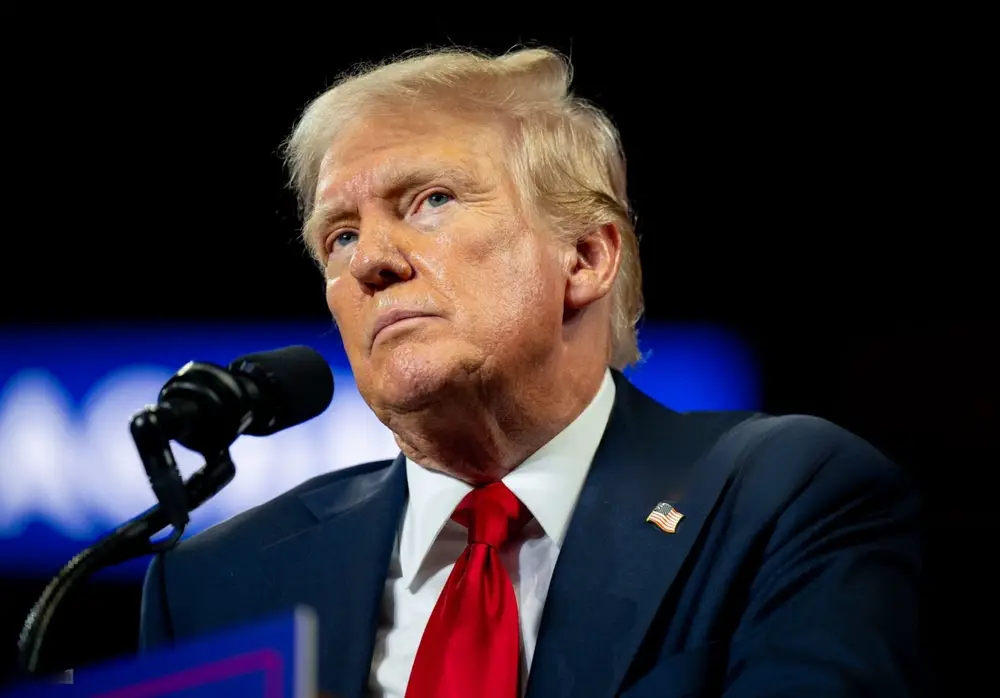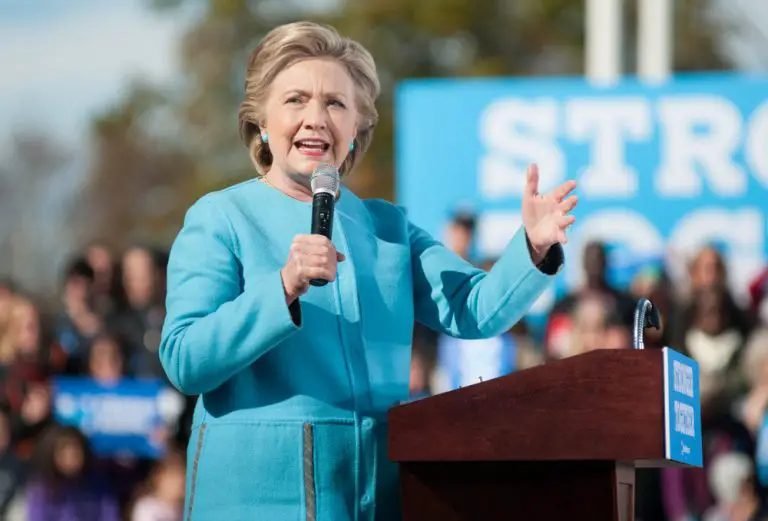Hillary Clinton recently revisited her infamous “basket of deplorables” comment from the 2016 presidential campaign, suggesting that it was “too kind a word” for some supporters of former President Donald Trump. In an opinion piece for The Washington Post, Clinton reflected on her struggle to empathize with what she called “radicalized individuals” who are drawn to Trump’s racism, sexism, and other forms of bigotry. While she acknowledged that her phrasing was politically unwise and that she apologized for it at the time, she maintained that it contained an “important truth” about those who embraced Trump’s more extreme views. Citing events like Charlottesville and the January 6 Capitol riot, Clinton argued that the behavior of some Trump supporters has validated her original assessment.

Despite still believing parts of her comment were accurate, Clinton expressed a desire to adopt a more empathetic approach. She recalled meeting Shannon Foley, a former white supremacist who now helps rehabilitate people leaving hate groups. Clinton was struck by Foley’s ability to show empathy even to individuals she described as “deplorable bigots.” This encounter made her question whether such empathy could be key to addressing the deep divisions in American society. Clinton wondered if it might be possible to reach out to those who have been radicalized and help heal the country’s wounds, despite the challenges and the entrenched animosities.
Clinton admitted that part of her still believes some individuals are “irredeemable,” pointing to the lack of remorse shown by some of the January 6 insurrectionists. However, she also expressed a hope that there is goodness in everyone and that redemption might be possible, no matter how difficult. This nuanced perspective reflects her internal conflict between recognizing the harmful behaviors of certain individuals and wanting to believe in the potential for change and redemption.
Reflecting on her original remarks, Clinton reiterated that while she regretted the generalization of calling “half” of Trump’s supporters deplorable, she stood by her criticism of Trump’s alignment with extremist figures and ideologies. Her op-ed seems to be an attempt to reconcile her past statements with a more compassionate approach, acknowledging both the reality of harmful beliefs and the potential for understanding and change.




